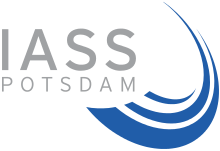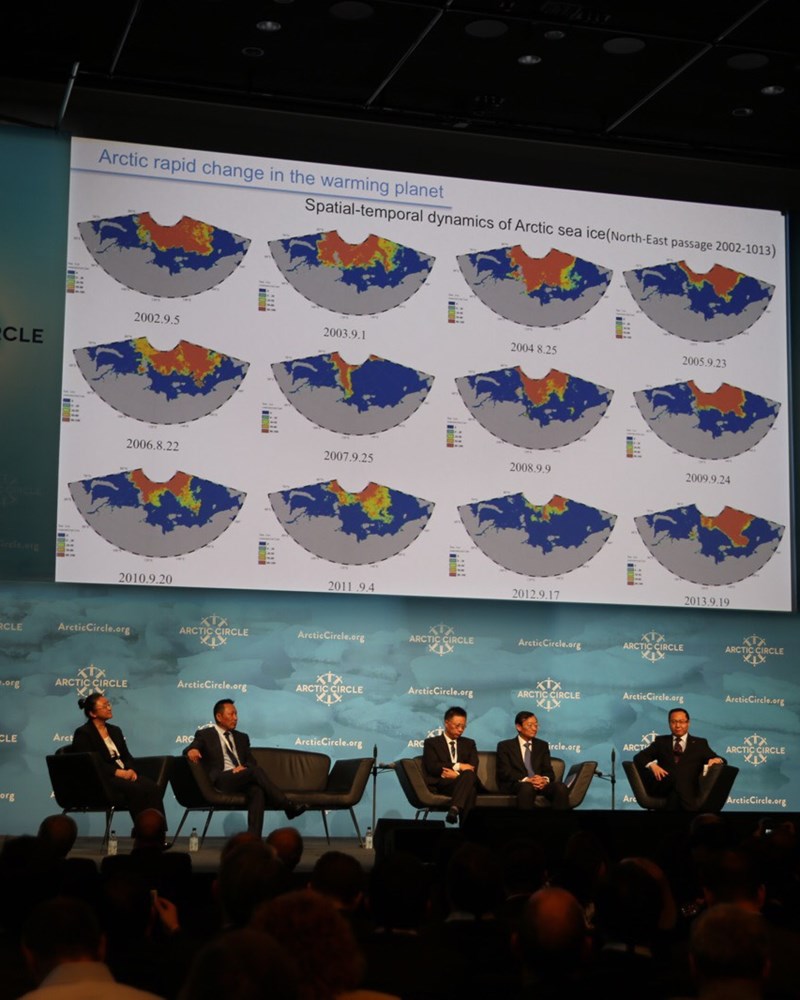Remote Renewable Case Studies: Participatory Stakeholder Engagement for a Sustainable Future
Organized by WWF-Canada, the WWF Arctic Programme and the Institute for Advanced Sustainability Studies (IASS), Potsdam, Germany 18. August 2016
Saturday, October 8, 17:15-18:45
Location: Háaloft, Harpa Eighth Level
There is common understanding that the global community needs to act on multiple challenges that global change processes bring about for living conditions on earth, including climate change, availability of resources, securing access to clean and affordable energy, and the dangers from environmental degradation. In no place is the interrelationship and understanding of these issues more pressing than in the Arctic.
The United Nations 2030 agenda for sustainable development cites "Ensure access to affordable, reliable, sustainable and modern energy for all" as number 7 of its 17 goals. In remote regions of the world, these problems come into sharp focus and although there remains much work to do to reach this goal, there are good examples of these problems being solved at the community as well as the state level, for example, renewable energy deployment projects. To address Arctic-global connections, thorough attention must also be paid to the ability and empowerment of stakeholders/actors (both within and outside the Arctic and across geographical boundaries) to engage and participate in shaping the future of energy in the region. In this session, the future of renewable energy in the North will be discussed in this context, bringing together experts on stakeholder engagement and renewable energy in the Arctic. Building partnerships, strengthening global-regional interconnections and strengthened stakeholder engagement and interaction will aid the transition to sustainable, participatory, and affordable energy futures for the Arctic.
Guiding Questions:
- What are the causes and consequences of energy isolation or poverty in harsh environments like in Arctic regions? Which causes are regional, which global in nature?
- What are the specific conditions and challenges for individual Arctic communities to sustainable, participatory and affordable energy futures?
- What ideas and initiatives exist to improve sustainable energy access in energy-isolated communities?
- How can Arctic communities learn from each other through an open exchange of knowledge, experiences and best practices?
- How can non-Arctic actors contribute to energy security within the region and address sustainability concerns of Arctic oil and gas development?

Goals:
- Create and strengthen existing networks between stake- and rights-holders residing within and outside the Arctic and initiate a dialogue for lessons learned between different Arctic regions concerning sustainable and affordable energy futures.
- Discuss and share lessons learned between different Arctic regions, including potential solutions that might generate investments in RE projects and the role various stakeholders might play in advancing implementation.
- Outline how innovative policy and ownership arrangements and strengthened networks between stake-and rights-holders residing within and outside the Arctic can accelerate the substitution of diesel with renewable energy options.
Speakers
- Farid Sharifi, Senior Specialist – Renewable Energy, WWF-Canada: WWF-Canada’s recent efforts to implement three renewable energy projects in Canada’s Arctic by 2020
- Greg Poelzer, Executive Chair of ICNGD; Professor, School of Environment and Sustainability, University of Saskatchewan
- Kåre Hendriksen, Associate Professor, Arctic Technology Department, Technical University of Denmark
- Kirsti Mijnhijmer, Programme Manager, Northern Periphery and Arctic Programme Secretariat
Chair: David Miller, President & CEO, WWF-Canada


